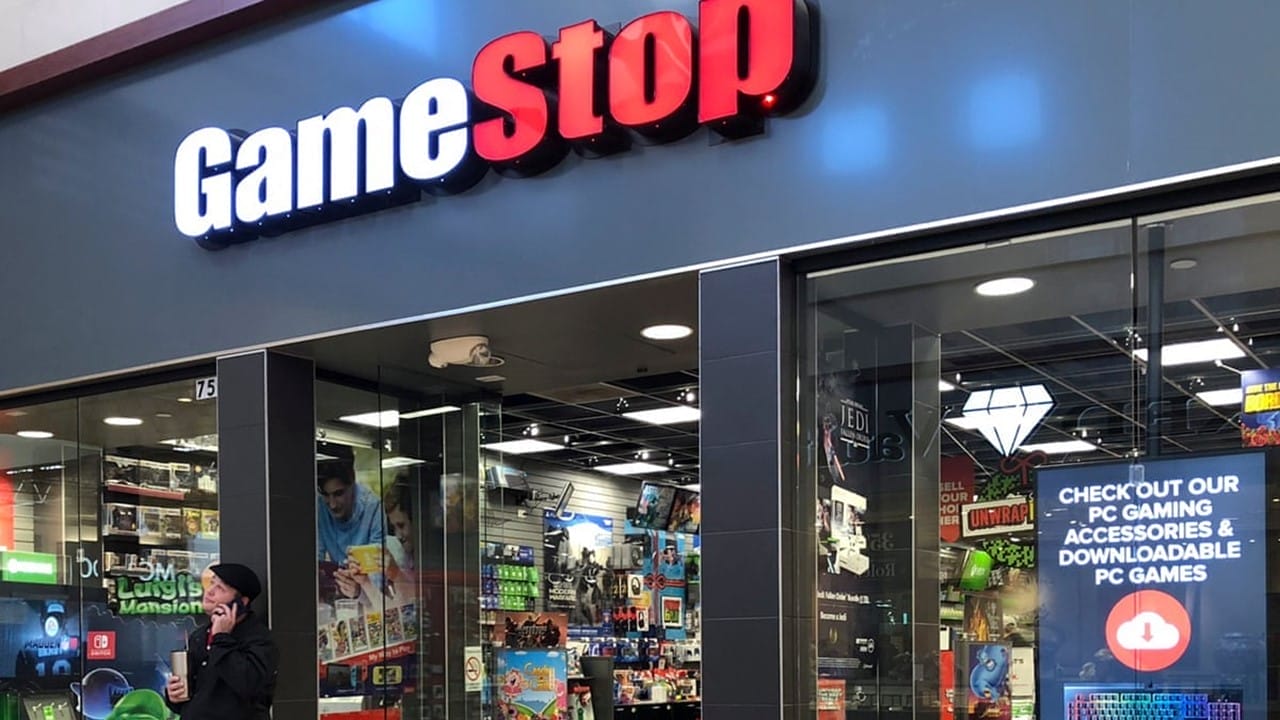GameStop: Evolution, Challenges, and Future Prospects

GameStop, a household name in the gaming industry, has been at the forefront of video game retail for decades. Founded in 1984 as Babbage’s, the company grew rapidly, eventually rebranding as GameStop in 1999. Its history is a testament to the changing landscape of video gaming and retail. This article explores GameStop’s evolution, its challenges in the digital age, and its future prospects.
The Rise of GameStop
Early Years and Expansion
GameStop’s journey began with the merger of Babbage’s and Software Etc., two retail chains specializing in software and video games. The newly formed company expanded rapidly throughout the 1990s and 2000s, acquiring competitors like FuncoLand and Electronics Boutique. This aggressive expansion strategy helped GameStop dominate the market, becoming the go-to destination for gamers seeking the latest titles, consoles, and accessories.
Dominance in the Physical Retail Market
Throughout the 2000s, GameStop’s physical stores were ubiquitous, with locations in malls and shopping centers worldwide. The company’s trade-in program, which allowed customers to sell used games and consoles for store credit, became a major draw. This program not only provided gamers with a way to offset the cost of new purchases but also created a lucrative secondary market for GameStop, boosting its profit margins.
Challenges in the Digital Age
The Shift to Digital Downloads
The rise of digital downloads has posed a significant challenge to GameStop’s traditional business model. With the advent of high-speed internet and digital distribution platforms like Steam, PlayStation Network, and Xbox Live, gamers began shifting away from physical copies of games. This trend has been particularly pronounced in recent years, as digital sales now account for a substantial portion of the video game market.
Competition from E-commerce Giants
In addition to the shift towards digital downloads, GameStop has faced stiff competition from e-commerce giants like Amazon. These companies offer a wider selection of products, often at lower prices, and with the convenience of home delivery. As a result, GameStop’s brick-and-mortar stores have struggled to compete, leading to declining foot traffic and sales.
Financial Struggles and Store Closures
The combined impact of digital downloads and e-commerce competition has taken a toll on GameStop’s financial performance. The company has reported declining revenues and profits in recent years, prompting a wave of store closures. Between 2018 and 2020, GameStop closed hundreds of stores worldwide in an effort to cut costs and streamline operations.
The Reddit Revolution: A New Chapter
The GameStop Stock Surge
In early 2021, GameStop found itself at the center of a financial phenomenon driven by retail investors on the Reddit forum r/WallStreetBets. These investors coordinated a massive buying spree of GameStop shares, driving the stock price from around $20 to over $400 in a matter of weeks. This unprecedented surge was fueled by a combination of factors, including a desire to challenge institutional investors who had heavily shorted the stock.
Impact on GameStop
The Reddit-driven stock surge had several notable impacts on GameStop. Firstly, it brought significant media attention to the company, raising its profile among a new generation of gamers and investors. Secondly, the stock price surge provided GameStop with an opportunity to raise capital by issuing new shares, which could be used to fund its ongoing transformation efforts.
Transforming for the Future
Leadership Changes
In response to its changing market environment, GameStop has made several strategic leadership changes. In 2021, the company appointed Ryan Cohen, co-founder of online pet retailer Chewy, as chairman of its board. Cohen’s expertise in e-commerce and digital transformation is seen as critical to GameStop’s efforts to pivot towards a more digitally-focused business model.
Embracing E-commerce and Digital Innovation
Under Cohen’s leadership, GameStop has been working to expand its e-commerce capabilities and enhance its digital offerings. This includes revamping its website, improving logistics and fulfillment operations, and exploring new revenue streams such as digital game downloads, streaming services, and gaming accessories. The company is also looking to leverage its vast network of physical stores as hubs for online order fulfillment and customer service.
Community Engagement and Loyalty Programs
Recognizing the importance of community in the gaming world, GameStop has been focusing on enhancing its engagement with customers. This includes expanding its PowerUp Rewards loyalty program, offering exclusive perks and discounts to members, and creating new content and events that cater to the gaming community. By fostering a stronger connection with its customers, GameStop aims to build a loyal and engaged customer base that will support its ongoing transformation.
The Road Ahead
Challenges and Opportunities
GameStop’s future is filled with both challenges and opportunities. On one hand, the company must continue to navigate the ongoing shift towards digital gaming and the competitive pressures from e-commerce giants. On the other hand, GameStop has a unique opportunity to leverage its brand recognition, loyal customer base, and extensive store network to create a hybrid retail model that combines the best of physical and digital experiences.
Strategic Initiatives
Several strategic initiatives will be critical to GameStop’s success in the coming years. These include:
- Expanding Digital Offerings: Continuing to grow its digital game sales, streaming services, and online community platforms.
- Enhancing E-commerce Capabilities: Investing in technology and logistics to improve the online shopping experience and compete with major e-commerce players.
- Optimizing Physical Stores: Transforming physical stores into multi-purpose hubs that support online fulfillment, customer service, and community events.
- Exploring New Revenue Streams: Investigating opportunities in emerging areas such as virtual reality, esports, and gaming-related merchandise.
The Importance of Adaptability
Ultimately, GameStop’s ability to adapt to the rapidly changing gaming and retail landscapes will determine its long-term success. By embracing innovation, focusing on customer experience, and leveraging its unique assets, GameStop has the potential to reinvent itself and thrive in the digital age.
Conclusion
GameStop’s journey from a small software retailer to a global gaming powerhouse has been marked by significant challenges and transformations. In the face of digital disruption and intense competition, the company is striving to reinvent itself for the future. With a renewed focus on e-commerce, digital innovation, and community engagement, GameStop aims to navigate the evolving landscape and continue to be a major player in the gaming industry. The road ahead may be uncertain, but with strategic leadership and a commitment to change, GameStop’s story is far from over.





